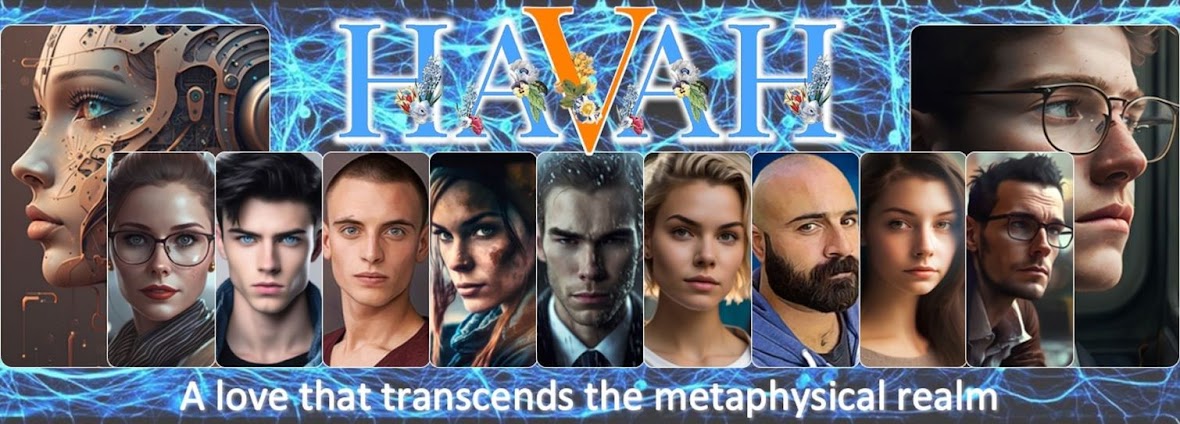The author draws from his vast store of knowledge collected from his own research as well as interviews with many renown experts in their related fields. This is evident from the impressive list of names spanning over six pages in the acknowledgment section of the book. And the American theoretical physicist has a way of making complex and abstract topics like neuroscience not only interesting but engaging with his style of writing, you could practically read through a chapter without putting the book down.
For a sample, here's the introduction:
The two greatest mysteries in all of nature are the mind and the universe. With our vast technology, we have been able to photograph galaxies billions of light-years away, manipulate the genes that control life, and probe the inner sanctum of the atom, but the mind and the universe still elude and tantalize us. They are the most mysterious and fascinating frontiers known to science.
If you want to appreciate the majesty of the universe, just turn your gaze to the heavens at night, ablaze with billions of stars...
To witness the mystery of our mind, all we have to do is stare at ourselves in the mirror and wonder, What lurks behind our eyes? This raises haunting questions like: Do we have a soul? What happen to us after we die? Who am "I" anyway? And most important, this brings us to the ultimate question: Where do we fit into this great cosmic scheme?
He quoted the great Victorian biologist Thomas Huxley:
The question of all questions for humanity, the problem which lies behind all others and is more interesting than any of them, is that of the determination of man's place in Nature and his relation to the Cosmos.
I'm definitely going to enjoy reading this book in between my novel writing, not just to take a break but also to draw inspiration from Dr. Kaku's intriguing insights into the human brain and the mind.






No comments:
Post a Comment